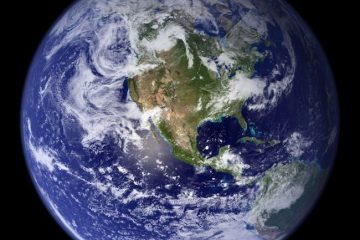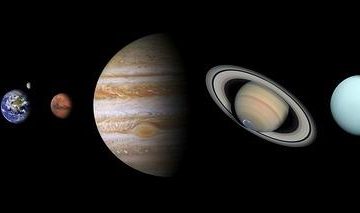Gaia hypothesis
gaia theory climate change
Gaia Theory suggests that Earth’s biological and physical processes are interconnected, forming a self-regulating system. As climate change alters this balance, understanding these relationships becomes crucial in mitigating its impacts and fostering sustainability.









